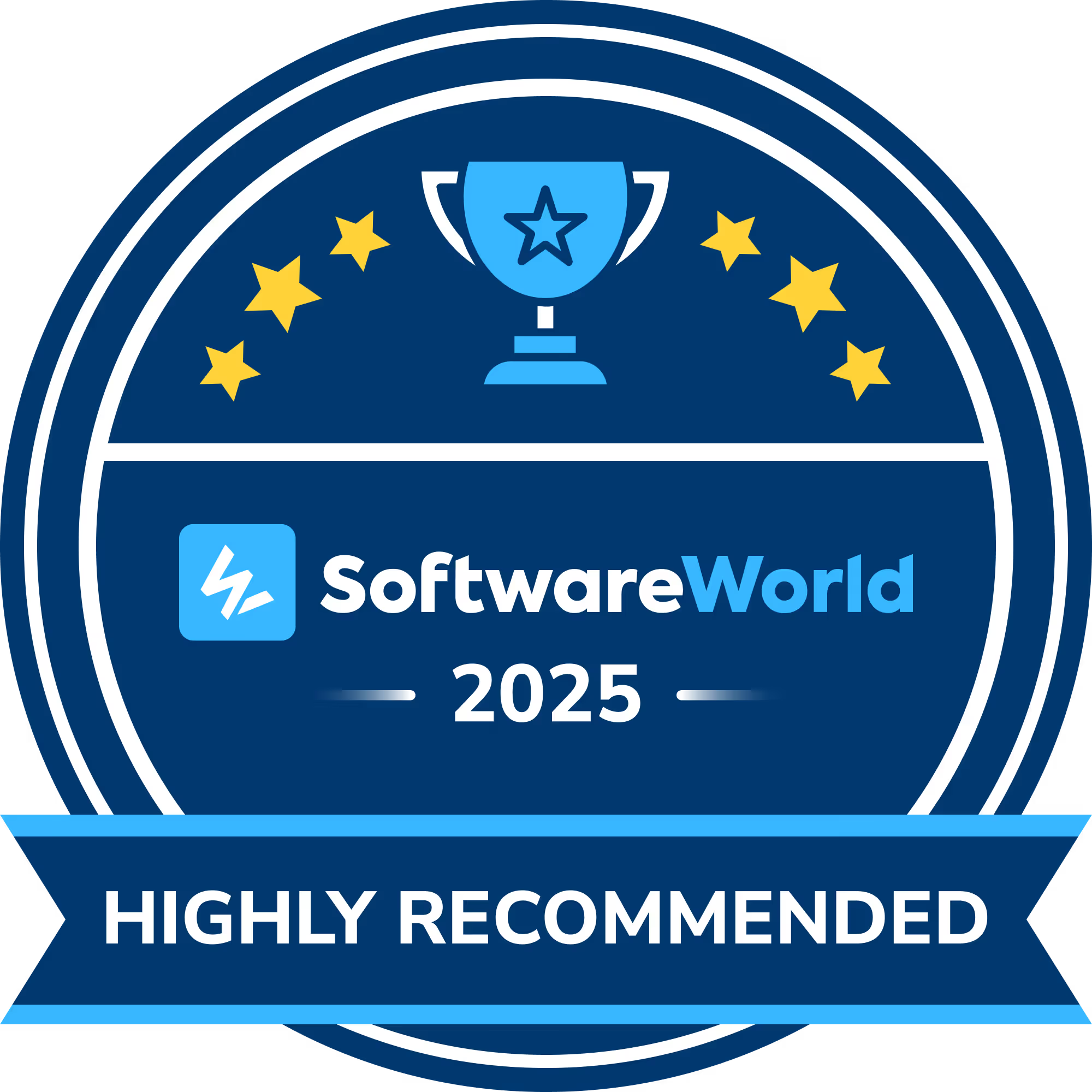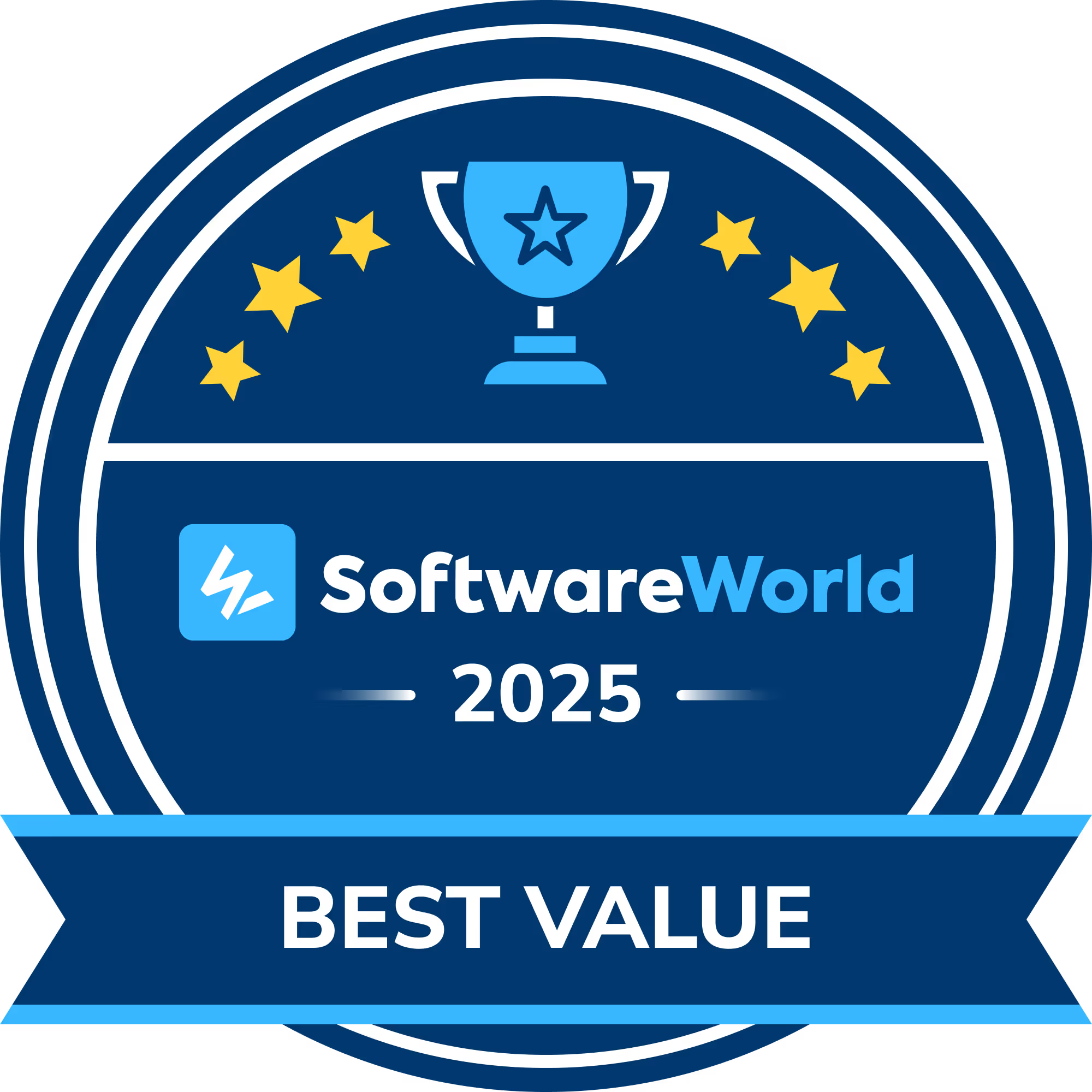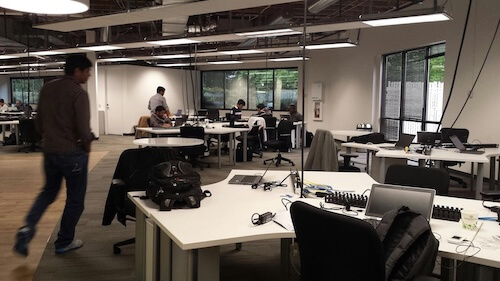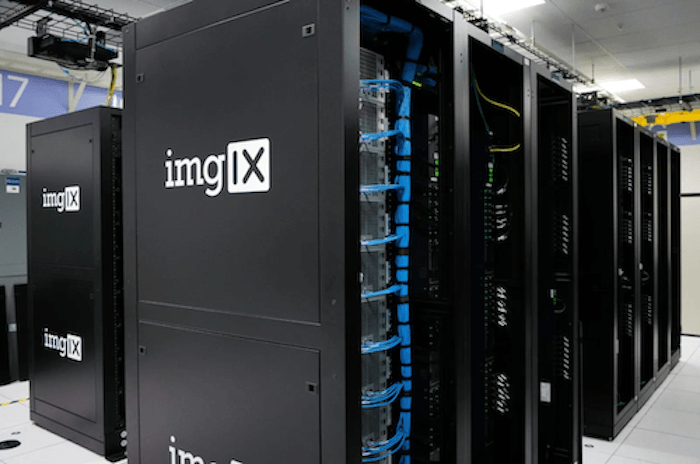Custom logistics software development for efficient, scalable supply chains
Whether you're a logistics provider, freight forwarder, or 3PL, CIGen offers the software expertise to streamline your operations with Azure-powered solutions and real-time intelligence





















Modernize transportation & logistics applications with CIGen
Take your logistics systems to the next level with modernization strategies tailored for scalability, integration, and cloud performance. CIGen offers industry expertise for logistics providers, 3PLs, and freight companies, helping upgrade critical tools to stay efficient, connected, and AI-ready.
Digitally transform route planning, carrier selection, and freight auditing with scalable, cloud-based architecture.
Modernize inventory tracking, space utilization, and warehouse workflows with real-time data and automation.
Refactor order lifecycle management to enable real-time updates, efficient fulfillment, and customer transparency.
Migrate to modern platforms that consolidate GPS tracking, fuel monitoring, and predictive maintenance analytics.
Redesign legacy EDI/API connectors to ensure smooth, real-time collaboration with carriers, shippers, and suppliers.
Automate financial workflows and integrate with ERP/accounting systems for efficient, error-free billing operations.
Upgrade legacy BI tools into cloud-native dashboards with predictive insights, powered by Azure Synapse and Power BI.
Embed machine learning and generative AI to optimize routes, predict delays, and automate repetitive decision-making.
We can help you to:
Build custom apps
Design and develop transportation and logistics applications tailored to your workflows — from TMS and WMS platforms to customer portals and fleet tracking systems.
Our team helps you avoid the limitations of off-the-shelf tools by delivering solutions that match your business logic, compliance needs, and integration landscape. With a cloud-native approach, we ensure your apps are scalable, secure, and future-proof.
Integrate logistics solutions
Connect your logistics ecosystem through seamless integrations with ERP, CRM, EDI, GPS, IoT, and 3PL systems.
We help you unify siloed tools to enable real-time data exchange and improved decision-making across the supply chain. Whether you need to bridge legacy infrastructure or embed third-party APIs, we ensure interoperability and workflow efficiency.
Modernize T&L apps
Upgrade aging transportation and logistics applications into modern, cloud-ready systems that support today’s speed and scalability requirements.
We re-architect legacy software into modular, service-based solutions using Azure technologies, microservices, and containerization. This process improves performance, reduces technical debt, and lays the foundation for AI/ML integration.
Logistics software development services
CIGen's logistics software development services help freight, warehousing, and 3PL companies digitize their operations, modernize legacy systems, and unlock Al-powered supply chain intelligence.
We design end-to-end applications to manage inventory, track shipments, and monitor fleet availability in real time.
Our engineers develop web portals with role-based access to streamline interactions between shippers, vendors, and 3PL clients.
Enable on-the-go task tracking, barcode scanning, and electronic proof-of-delivery (ePOD) using custom mobile apps for Android and iOS.
We build scalable, API-driven systems to ensure smooth data exchange with TMS, WMS, ERP, and telematics platforms.
We assess the current codebase, integrations, and tech stack to identify bottlenecks and define an optimal modernization path.
Our team replatforms legacy monoliths into modular, cloud-native applications that can scale and evolve independently.
Modernize outdated UIs with responsive layouts, accessibility enhancements, and user-centric workflows for faster adoption.
We implement staged modernization, ensuring uninterrupted operations while gradually replacing legacy components.
We build and manage RESTful APIs, middleware, and integration layers to connect TMS, WMS, ERP, and finance systems.
Support ANSI X12, EDIFACT, or XML-based EDI protocols to enable data exchange with carriers, customs brokers, and freight networks.
Integrate data from GPS trackers, RFID, and environmental sensors to enrich your logistics visibility and alert systems.
Implement message brokers like Kafka or Azure Service Bus to ensure real-time communication between distributed components.
We can develop models that adapt to real-time traffic, weather, and capacity constraints to propose the most efficient delivery routes.
Analyze vehicle telemetry and maintenance logs to predict failures, reduce downtime, and schedule service proactively.
Using image recognition to verify package condition, monitor shelf stocking, or detect anomalies on loading docks.
Enable field workers and dispatchers to query manuals, SOPs, or compliance policies using natural language prompts.
We help define data architecture that supports scalable analytics, from centralized data lakes to structured reporting warehouses.
Design custom dashboards that bring visibility into key logistics KPIs — from on-time delivery to inventory turnover and route efficiency.
Use historical data, external signals, and Al to anticipate demand surges, optimize fleet use, and reduce bottlenecks.
Leverage Azure-based BI tools for secure, scalable reporting connected to logistics management systems and loT sensors.
Ready to modernize your logistics systems with CIGen?
Streamline operations, improve visibility, and boost efficiency with purpose-built logistics software. From custom app development to cloud migration and AI integration, our team is here to help you move faster, smarter, and at scale.
Why hire a custom logistics software development company?
Get solutions designed around your unique workflows, from freight management to warehouse coordination.
Build software that grows with your business and adapts to evolving logistics demands.
Leverage integrated analytics and real-time data flows to optimize routing, inventory, and performance.
Seamlessly connect with ERPs, CRMs, and third-party logistics platforms through secure API and EDI integrations.
Automate key operations like dispatching, billing, and inventory control to save time and reduce errors.
Use modern logistics software to increase visibility, reliability, and service speed across the supply chain.
AI for logistics: 7 popular applications
Top AI technologies used in supply chain industry
Clients about our cooperation
See what our clients say about the way our team helped them leverage their business potential.

Other services
App modernization
Boost performance, accelerate deployments, and reduce costs, all while enhancing key
business metrics.
Azure migration
Leverage the expertise of Azure cloud to fuel your digital transformation journey, ensuring a competitive edge in a tech-driven marketplace.
Cloud-native development
Embark on a digital transformation journey that amplifies your business agility and operational excellence.
Mobile development
Our Azure-centric mobile development services merge innovation with efficiency, turning your bold ideas into dynamic, user-centric mobile applications.
T&L industry-wise consulting
At CIGen, we understand that transportation and logistics businesses operate under unique pressures — from razor-thin margins to complex partner networks. Our team brings real-world experience navigating these nuances and building software that meets both operational and compliance demands.
Logistics businesses often run on tight margins, where even minor inefficiencies can impact profitability. We focus on automation, optimization, and cost control in every solution we build to help you do more with less.
Timely access to shipment, fleet, and inventory data is critical for planning and customer satisfaction. Our solutions integrate GPS, IoT, and external data sources to provide up-to-the-minute insights across the entire supply chain.
Many logistics companies still rely on aging infrastructure that’s difficult to scale or integrate.
We specialize in modernizing legacy, TMS, WMS, and partner systems without disrupting daily operations.
From shippers and carriers to customs and last-mile partners, logistics is deeply interconnected. We build systems that enable smooth data flow between stakeholders via secure APIs and EDI protocols, ensuring coordination and compliance at every touchpoint.
Logistics software development lifecycle designed for supply chain success
Our logistics SDLC model helps you modernize, automate, and optimize core systems — from transportation and warehousing to tracking and invoicing.
Identify critical pain points in supply chain operations and define the goals of the software solution.
Analyze workflows, legacy systems, and integrations to design an optimal modernization path.
Design a scalable, secure system architecture tailored to transportation, fleet, or warehouse operations.
Build custom logistics applications iteratively with frequent stakeholder input and domain-specific logic.
Connect your solution with ERPs, TMS/WMS, or telematics platforms for smooth data exchange and visibility.
Test the solution under real-world logistics loads to ensure reliability, uptime, and accurate data processing.
Support adoption with intuitive UX, documentation, and stakeholder onboarding across all logistics roles.
Continuously monitor, update, and scale the system as logistics demands evolve or expand into new regions.
Custom logistics software develoment services: FAQ
We aim to supply our clients with exhaustive information about the way we engage in partnership for ease of doing business and transparency. We’ve collected a few facts that help you understand our processes.
Predictive analytics uses AI algorithms to anticipate and solve logistics challenges before they occur.
It supports:
- Demand planning using time-series models and historical sales data
- Capacity forecasting for trucks, warehouses, and last-mile delivery
- Delay risk prediction based on weather, route, and carrier performance data
- Labor planning by forecasting warehouse workload and delivery volumes
- Inventory optimization through predictive stock replenishment models
IoT provides real-time data that fuels AI-powered decision-making in logistics and transportation.
Key applications include:
- Fleet tracking with GPS and accelerometer data for route optimization
- Cold chain monitoring using temperature and humidity sensors
- Driver behavior analysis through onboard diagnostics and IoT devices
- Asset location tracking for containers, pallets, and vehicles
- Proactive maintenance alerts powered by sensor-based analytics
Natural Language Processing (NLP) enhances communication and document handling in logistics.
Applications include:
- AI chatbots and voice assistants for shipment status and rebooking
- Email parsing and intent recognition in customer support systems
- Invoice and bill of lading extraction using OCR and NLP models
- Document translation for cross-border freight and customs paperwork
- Driver and dispatcher communication tools with voice-to-text features
Computer vision automates visual inspection and tracking tasks across logistics operations.
Use cases include:
- Barcode and label scanning for faster goods receiving and dispatch
- Damage detection on packages via AI-powered image recognition
- Cargo measurement and dimensioning for load optimization
- Shelf and pallet monitoring in warehouses for stock accuracy
- Safety compliance monitoring through CCTV analysis and object detection
AI in logistics improves efficiency, accuracy, and decision-making across the supply chain.
Leading applications include:
- Route optimization using machine learning and traffic data for TMS platforms
- Demand forecasting based on historical order data and external market trends
- Predictive maintenance for fleet vehicles using AI-powered telematics
- Warehouse automation using computer vision and robotics in WMS systems
- Shipment tracking and ETA prediction through real-time data analytics and AI models
Absolutely. Our team has certified engineers to design and implement API and EDI integrations to connect your software with existing business tools (for example, SAP, Oracle, or Salesforce).
Yes, CIGen has the technical expertise and industry experience to develop mobile applications tailored for transport and fleet management. Our team can deliver solutions that support:
- Real-time vehicle tracking and route optimization
- Driver and delivery scheduling
- Digital proof of delivery (POD) and documentation
- Fuel and maintenance monitoring
- Fleet performance analytics and reporting
- Integration with telematics systems and IoT devices
- Mobile dashboards for dispatchers and fleet managers
- Secure login and role-based access for drivers, admins, and clients
We use cross-platform frameworks like .NET MAUI, Flutter, and React Native to ensure smooth performance across Android and iOS devices, and integrate apps seamlessly with your backend systems or Azure cloud infrastructure.
Custom logistics software development means designing systems tailored to your specific shipping, warehouse, or supply chain needs, rather than using off-the-shelf tools.
Let's create a logistics software ecosystem tailored to the way your business moves














